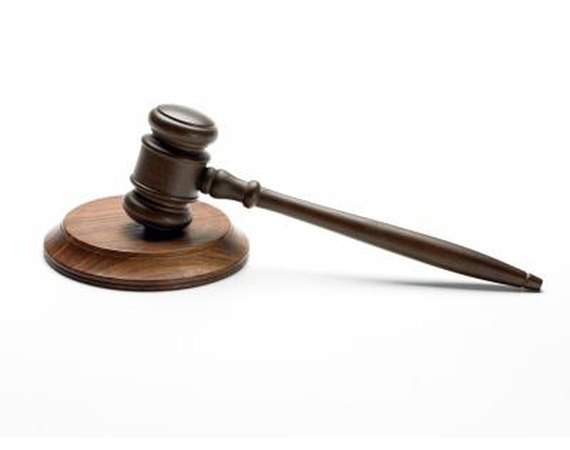An excessive amount of debt can lead to a settlement offer, in which you agree to pay a lump-sum amount to a creditor, who writes off the rest of the debt. Settlements typically are between 20 percent and 75 percent of the balance.
Taxable Income
If you settle your credit card debt, you might be required to report the amount that's forgiven as taxable income. For example, if you settle a credit card balance of $8,000 for $5,000, you might have to report the remaining $3,000 as taxable income.
Insolvent
According to the IRS, if you are insolvent, meaning your liabilities exceed your assets, you do not have to report your settled debt as taxable income. You must be insolvent during the time in which you settle your debts.
Bankrutpcy
When you file a petition for bankruptcy, which can wipe out the majority of your unsecured debt, you do not have to report your settled debt as taxable income. Unsecured debt does not have any collateral pledged as repayment for the loan; credit cards are examples of unsecured debt.
Refund
When you report settled debt or forgiven debt as taxable income, you might be entitled to a refund if you pay back all or a portion of it. An amended 1040X statement must be filed within three years of the original filing date or two years after you paid the taxes.
Mortgage Debt
If you have mortgage debt that has been forgiven, you are not required to include it as taxable income, thanks to the Mortgage Debt Forgiveness Act, enacted in 2007. It continued under the Emergency Economic Stabilization act in 2008 and remains in effect until 2012.
Considerations
The activities of debt-settlement companies are forbidden in 12 states if they operate as for-profit organizations. The states that won't permit them to do business are Arizona, Georgia, Hawaii, Louisiana, Maine, Mississippi, New Jersey, New Mexico, New York, North Dakota, West Virginia and Wyoming.






















